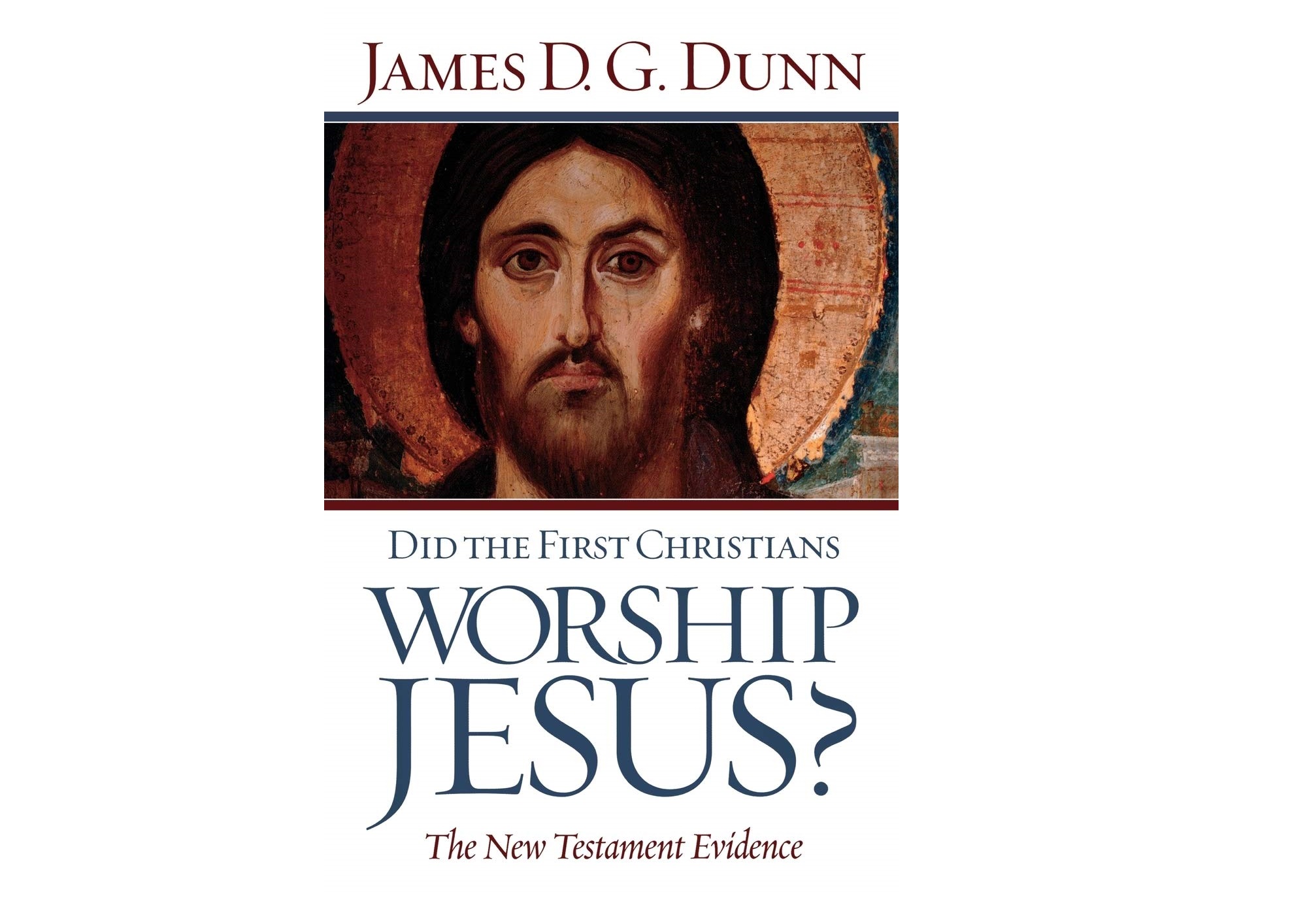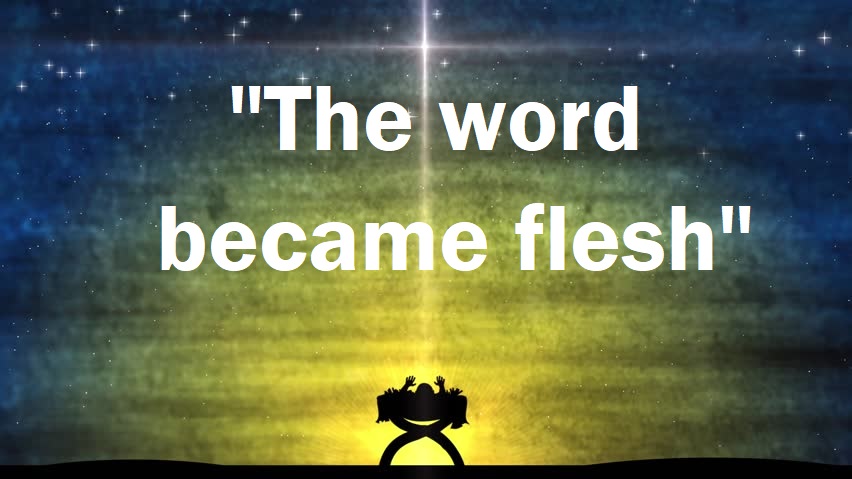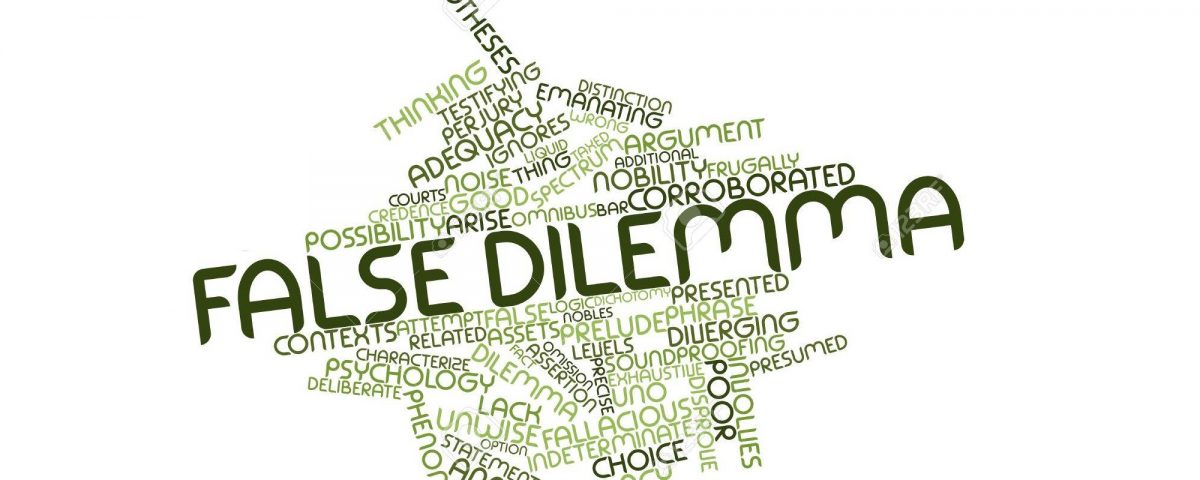
Jesus in the Apocalypse
April 29, 2020
The word of God is not personified
May 27, 2020“The only true God” false dilemma

John 17:3, a favorite verse for non-trinitarians, has been appropriated by many modern-day apologists and authors for the Jesus-is-God Movement.
But this was not always so.
Once upon a time, Jesus’ clear confession that the Father is “the only true God” certainly was a problem for trinis.
The noted 19th century Protestant Heinrich Meyer observed that many of the early Church and Catholic Fathers (like Augustine, Aquinas, and Ambrose) forged Jesus’ confession of faith from its original reading of:
“You [i.e., Father are] the only true God” to….
“You [i.e., Father] and Jesus Christ, Whom you have sent, as the only true God.”
To his credit Meyer called this “a perversion of the passage…running counter to the strict monotheism of John.” He added that “Only One, the Father, can absolutely be termed the only true God.”
If this wasn’t amazing enough Meyer believed that other favorite trini verses like Rom 9:5 (the one being over all God) and 1 John 5:20 are “not even” talking about Jesus!
Yet, many today have suddenly found in John 17:3 “proof” for the so-called “deity of Christ”!
For example, author Rob Bowman[1] goes on the offense by arguing that Jesus “can’t be a false god since that would mean the apostle John was guilty of falsely honoring Jesus as a god. Therefore he must be a true God. But Jehovah is the only true God. Therefore, Jesus must be Jehovah.”
This is a classic example of the logical fallacy known as a false dichotomy, i.e., a false choice.
Jesus is neither “the only true God” nor “a false god.”
The better and right option would be to simply declare what scripture repeatedly claims, i.e., “Jesus is the Christ, the Son of God” (John 20:31).
If you’re called the Son of God it means you’re not God, as Dr. Colin Brown has put it.[2]
More importantly, Bowman’s false dilemma leads to 1 Jehovah too many, according to the Shema.
Yet, Bowman doesn’t stop there.
He argues that Jesus “is simply saying that the Father is the only true God—the only real or genuine God—as opposed to the many false gods and idols.” In other words, Jesus’ confession has nothing to do with whether or not Jesus is also “the only true God.”
Apart from the fact that it’s self-evident throughout the scriptures that Israel’s God is over “the gods of the nations,” the claim on its face should be nonsensical.
For you cannot on the one hand confess someone as “the only true” anything while at the same time believing you’re also “the only true.”
Finally, Messianic Trinitarian Michael Brown, in his debate with Dr. Tuggy, resorted to the empty assertion that John 17:3 “doesn’t say the Son is not” true God.
As if just stating this makes it true!
So no matter how many times and in how many ways modern-day Trinitarians try to subvert John 17:3, it’s impossible to circumvent the clear, unambiguous meaning of Jesus’ words.
John 17:1 After Jesus had said this, he looked up to heaven and said, “Father, the hour has come. Glorify your Son, so that the Son may glorify you. 2 For you have given him authority over all humanity[b] so that he might give eternal life to all those you gave him. 3 And this is eternal life: to know you, the only true God, and the one whom you sent—Jesus the Messiah
These are indisputable facts whether you resort to forgery,
philosophical fallacies or just because I said so!
[1] Rhodes, Reasoning From the Scriptures with the Jehovah’s Witnesses, 2009, pp. 254-55.
[2] “Trinity and Incarnation: in Search of Contemporary Orthodoxy,” Ex. Auditu; (7); 1991; p. 88-89.
